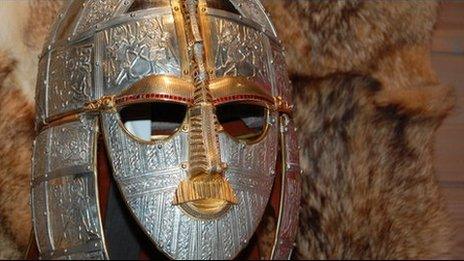Oulton burial site: Sutton Hoo-era Anglo-Saxon cemetery discovered
- Published
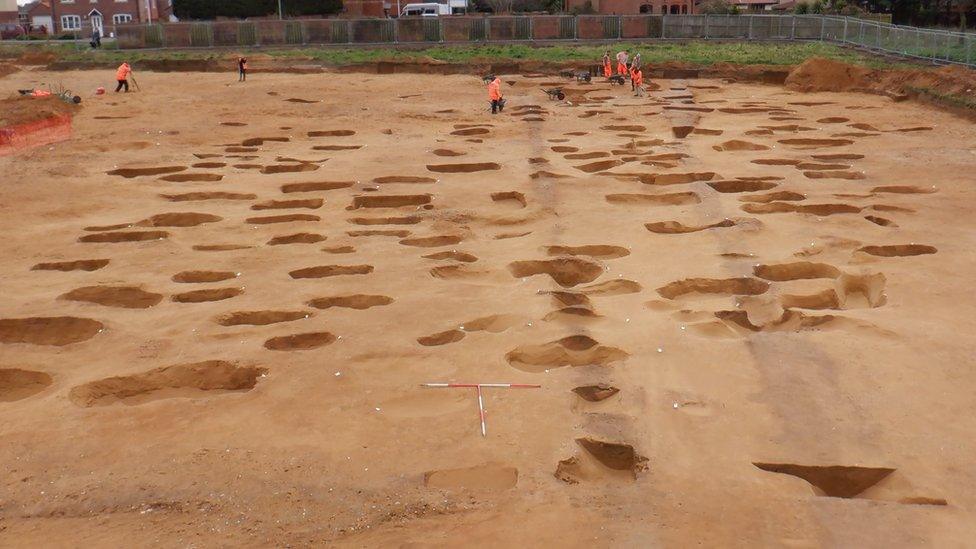
The Anglo-Saxon cemetery is believed to date back to the same period as the famous Sutton Hoo burial site near Woodbridge
A "nationally significant" Anglo-Saxon cemetery with 200 graves dating back to the 7th Century has been revealed.
The graves were uncovered in Oulton, near Lowestoft in Suffolk, ahead of construction of a housing development.
The burial ground contained the remains of men, women and children, as well as artefacts including brooches, small iron knives and silver pennies.
Suffolk's Archaeological Service said studies would help establish the graveyard's links to other local sites.
A spokesman said the site "lies within the Kingdom of the East Angles, made famous by the royal burial ground at nearby Sutton Hoo".
Sutton Hoo, discovered in 1939, included two cemeteries from the 6th to 7th centuries and a ship burial full of treasures believed to be the final resting place of King Raedwald.
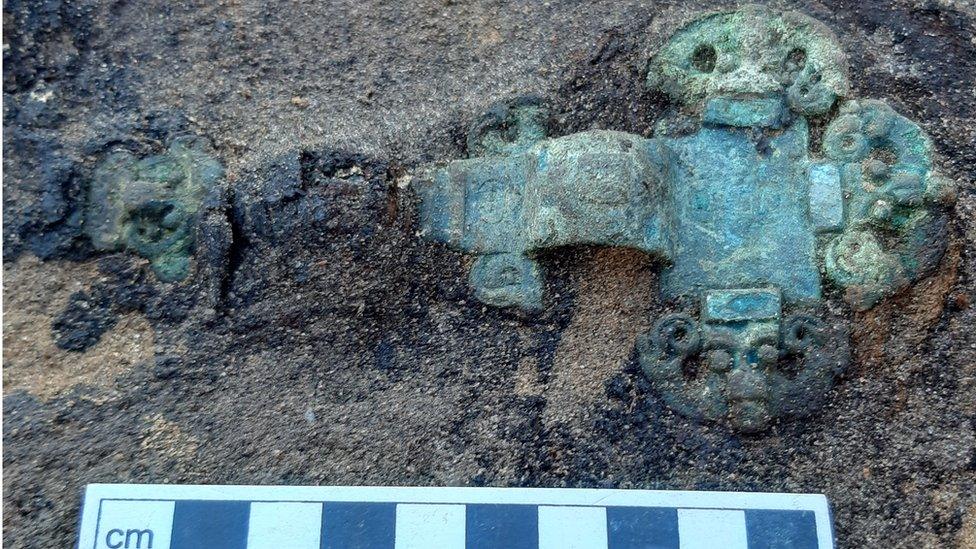
Artefacts which also include wrist clasps, strings of amber and glass beads, should eventually be available for public display
Many of the skeletons are only visible as "sand-silhouettes", a delicate form of preservation.
The site appears to contain several generations of a small farming community and the county council's archaeological service said the excavation of such cemeteries in their entirety was rare in England, which made it "nationally significant".
"It is important we oversee and record this work so that we can understand the community buried here and its connections to other finds in Oulton and the nearby settlements and cemeteries at Carlton Colville and Flixton," said the spokesman.

Artefacts including copper-alloy brooches, wrist clasps, strings of amber and glass beads, small iron knives and silver pennies were discovered
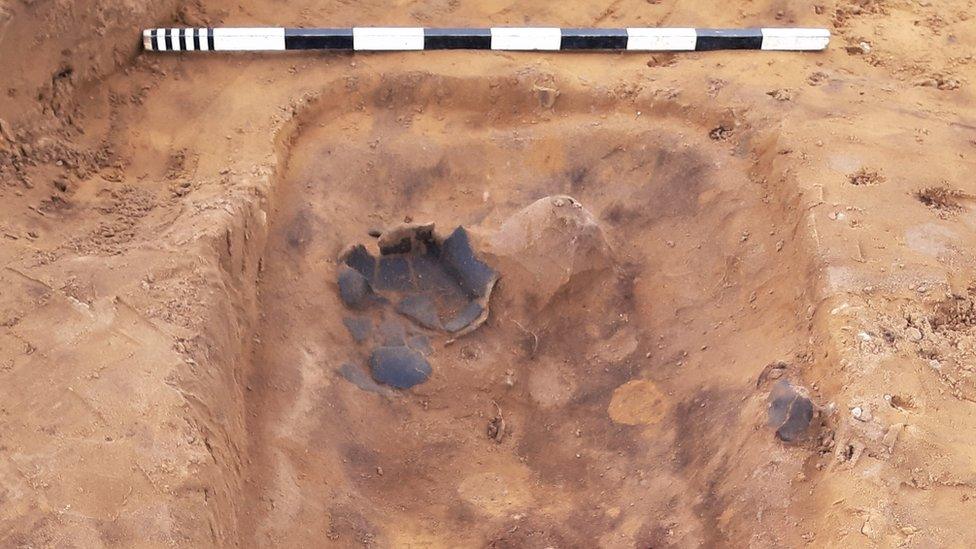
Many of the skeletons discovered at the Oulton site can only be seen as 'sand-silhouettes'
Andrew Peachey, of Archaeological Solutions Ltd, which carried out the excavations, said the remains of 17 cremations and 191 burials were "painstakingly excavated".
"Due to the highly acidic soil the skeletons had mostly vanished and were luckily preserved as fragile shapes and shadows in the sand," he said.
Mr Peachey added many of the artefacts were so fragile they had "to be block-lifted for micro-excavation in the labs at Norfolk Museum Service".
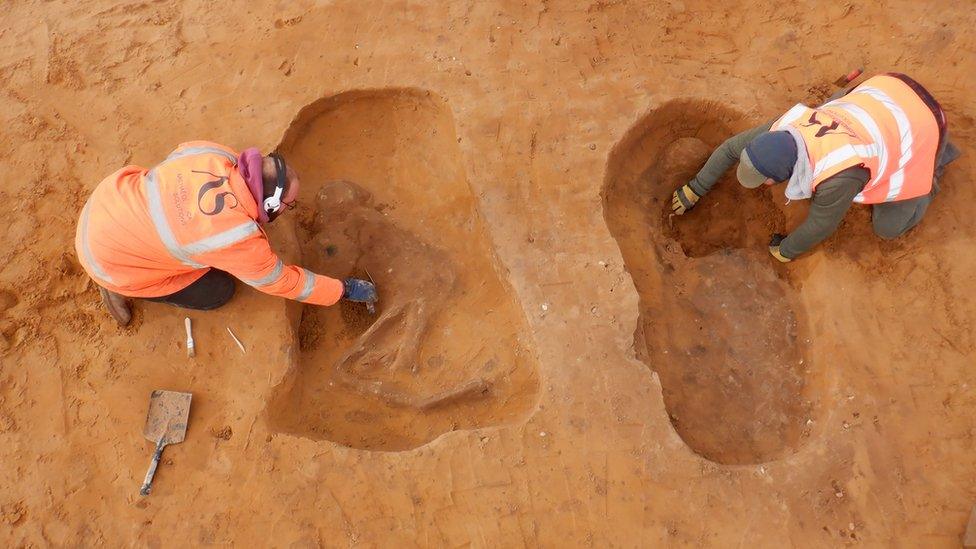
Remains found at the site had to be "painstakingly excavated" and fragments of wooden coffins were found
The remains have now been fully excavated ahead of the Persimmon Homes Anglia housing development.
They will undergo specialist analysis and eventually go on public display.

Find BBC News: East of England on Facebook, external, Instagram, external and Twitter, external. If you have a story suggestion email eastofenglandnews@bbc.co.uk
To contact us about news video you've filmed in the East of England please email eastofenglandnews@bbc.co.uk, external
- Published5 August 2019
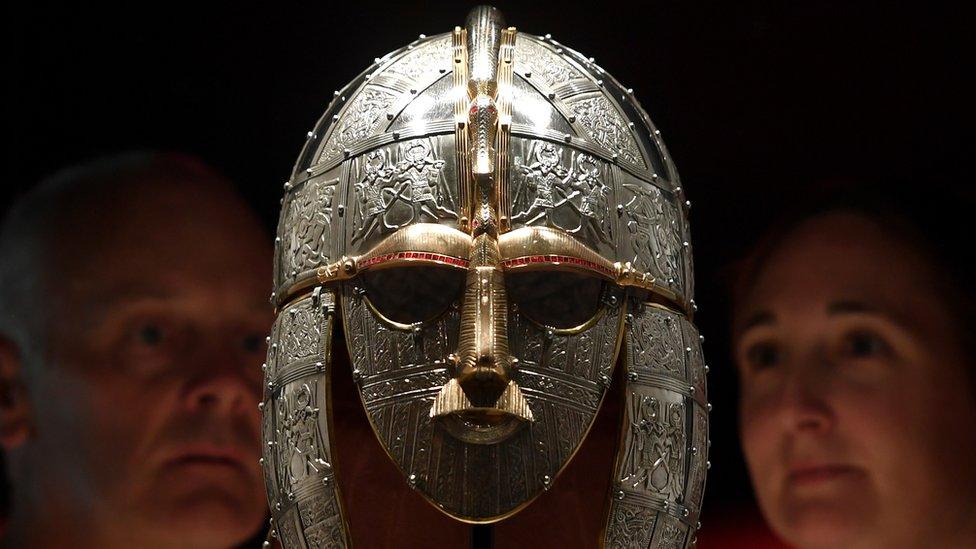
- Published29 May 2018
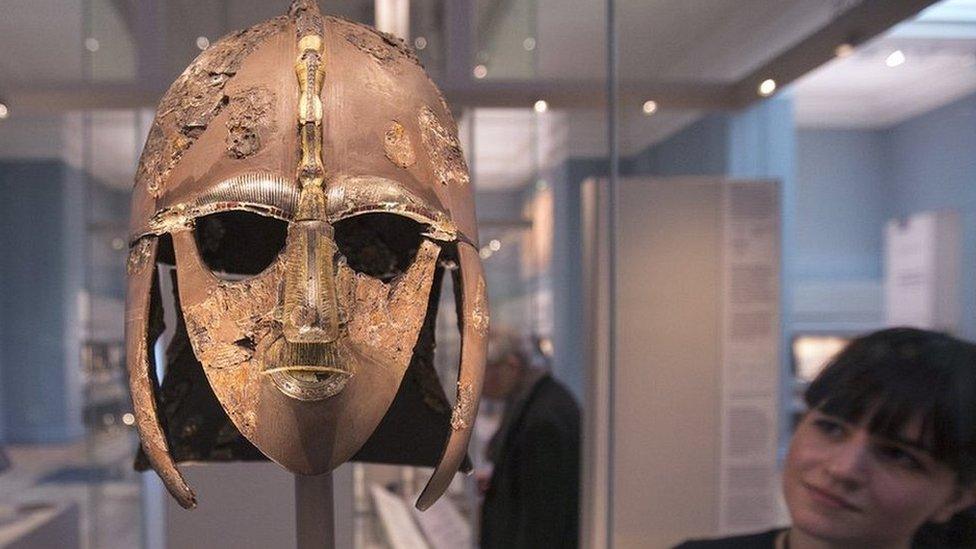
- Published5 December 2017
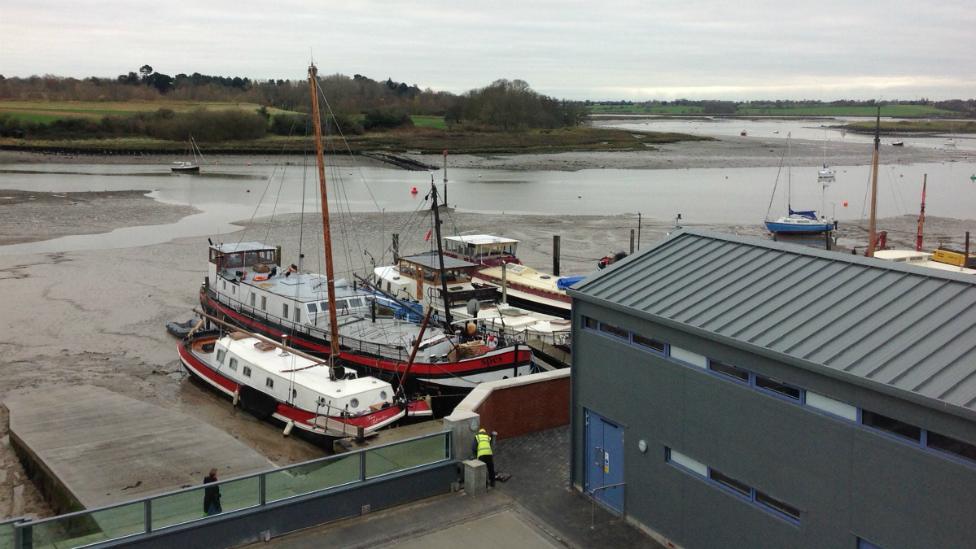
- Published1 December 2016

- Published5 September 2015
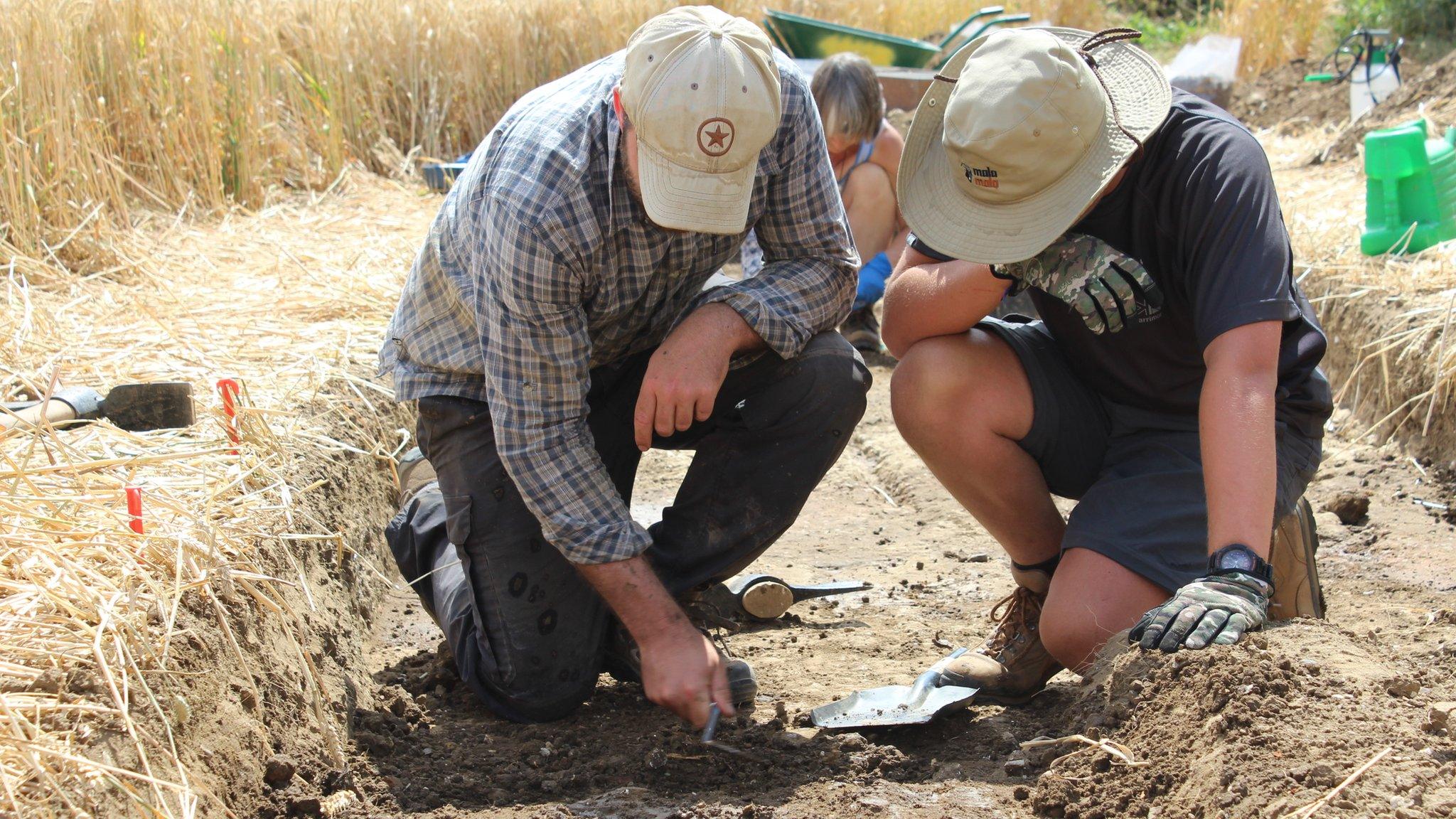
- Published10 March 2014
